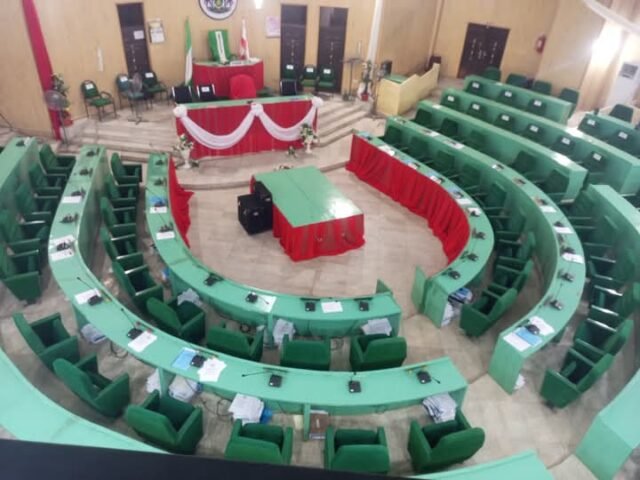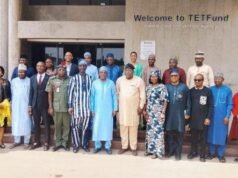In a significant shift for regional education policy, the Kano State House of Assembly has introduced a bill titled the Kano State Mother Tongue (Hausa Language) Education Enforcement Bill, which seeks to make Hausa the official medium of instruction across schools in the state.
Sponsored by the lawmaker Musa Kachako of the Takai Constituency, and representing the New Nigeria Peoples Party (NNPP), the proposal signals a desire to realign teaching methods with local cultural and linguistic realities.
During plenary, Kachako emphasised that the objective is to strengthen pupils’ comprehension, reduce failure and dropout rates, and preserve the cultural heritage of the region. He pointed to examples of countries such as China, Japan and India where early education in native languages is taken as a basis for stronger performance in science and technology.
Following the presentation, the Speaker referred the bill to the assembly’s Committee on Education for detailed scrutiny and recommendations.
Table of Contents
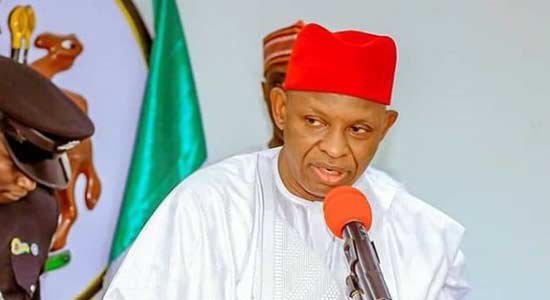
Why this matters: language, learning and identity
The push to use Hausa in classrooms is more than a symbolic gesture. Research in the region underlines that teaching children in their mother tongue can lead to better outcomes. For instance, a study conducted in Kano State found that pupils taught to read in Hausa achieved greater reading speed and competence compared with peers taught in English from the outset.
From the perspective of cultural identity and inclusion, the move reflects recognition of Hausa as the dominant community language in northern Nigeria. While English remains the official medium of instruction and administration nationally, in practice, many events, daily interactions and official legislative work in Kano have long been carried out in Hausa.
Kachako’s argument is straightforward: if students learn in a language they understand, their engagement and performance improve. He described the bill as promoting inclusivity and making education more accessible for every child in Kano.
At the same time, the initiative taps into broader debates around language in education. Earlier this year, the Federal Ministry of Education advised against the use of mother tongues beyond very early primary years, citing implementation challenges. That tension between national policy and local practice is central to understanding the implications of this bill.
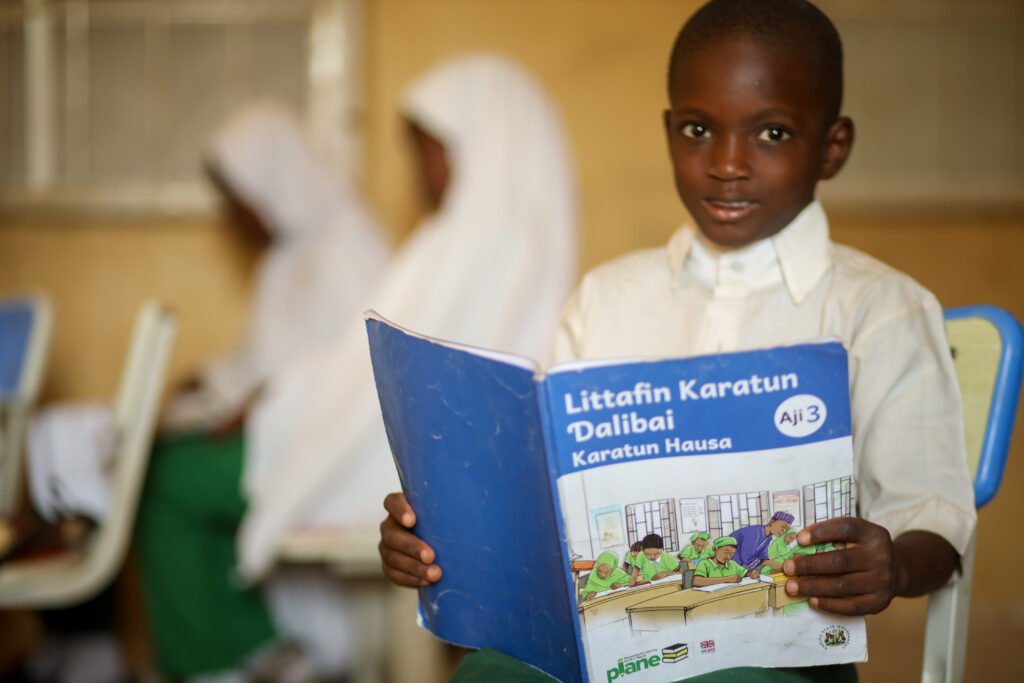
Potential benefits and practical questions
Benefits:
- Improved comprehension and performance – Local-language instruction can help children grasp concepts more quickly, especially in early education.
- Reduced drop-out and failure rates – If learning begins on a stronger foundation, students are less likely to fall behind or exit the system early.
- Cultural preservation – Using Hausa reinforces the value of the regional language, helping young learners retain a connection with their heritage and identity.
- Enhanced access and inclusivity – Dropping barriers created by foreign-language instruction may make the classroom more welcoming for native Hausa speakers.
Practical questions to consider:
- Teacher training and resources – How prepared are educators to teach subjects in Hausa? Are textbooks, curricular materials and assessments available in Hausa?
- Transition to English – Since English remains the language of examination, tertiary education, and many professional fields, how will the transition from Hausa-medium to English-medium learning be handled?
- Multilingual and non-Hausa learners – Kano has communities speaking other languages; will the policy account for those pupils and how will the inclusivity of non-Hausa speakers be ensured?
- Implementation timeline – A theoretical law is one matter; ensuring logistics, curriculum adaptation, and monitoring outcomes is another.
- National alignment – Given the national government’s stance on mother-tongue instruction beyond early primary years, how will the state policy align or diverge from federal guidelines?
What’s next and the stakes involved
With the bill now in the hands of the House Committee on Education, stakeholders will focus on the nitty-gritty: drafting regulations, costing the rollout, analysing resource needs and devising implementation strategies. The committee’s report will likely recommend modifications, set pilot programmes, and ultimately determine how broadly and how fast the policy is adopted across public schools.
For students, parents, teachers and educational administrators in Kano, the policy carries high stakes. If well executed, the shift could reshape the learning environment in one of Nigeria’s largest states. On the other hand, poor planning or under-resourcing could hinder progress or widen inequalities—particularly if materials in Hausa lag behind or students struggle when transitioning to English-based curricula.
From the broader national vantage point, Kano’s move may spark discussion among other states and educational policy-makers about the role of mother-tongue instruction in Nigeria. Will more states follow? Could this mark a turning point in how indigenous languages are used in schools?
For now, the spotlight remains on the process: detailed discussions in committee, stakeholder engagements, teacher preparation and pilot phase roll-out—each a crucial step before the vision becomes everyday classroom reality in Kano. As one school teacher from the north once observed, “We don’t need English to become a doctor or engineer—what matters is understanding.”
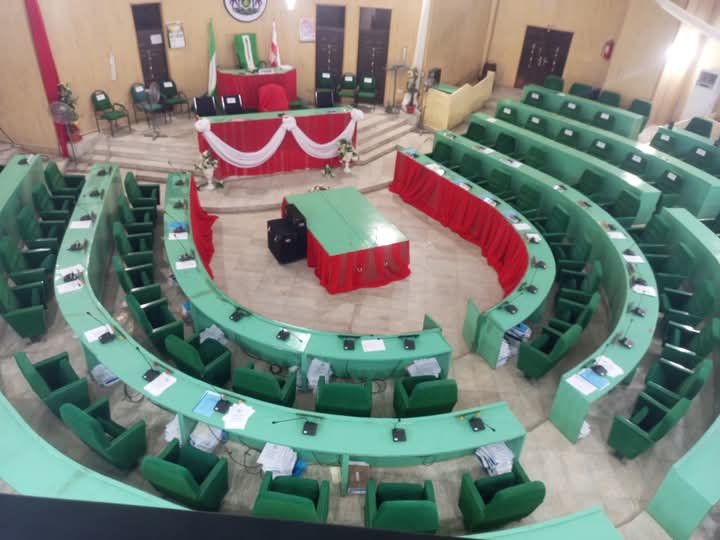
Conclusion
Kano’s experiment with Hausa-based teaching signals a bold step in educational reform—one rooted in local identity, driven by evidence of learning benefit and touched by the complex interplay of language, access and quality in Nigerian education. The coming months will determine how that promise unfolds.
Join Our Social Media Channels:
WhatsApp: NaijaEyes
Facebook: NaijaEyes
Twitter: NaijaEyes
Instagram: NaijaEyes
TikTok: NaijaEyes
READ THE LATEST EDUCATION NEWS


